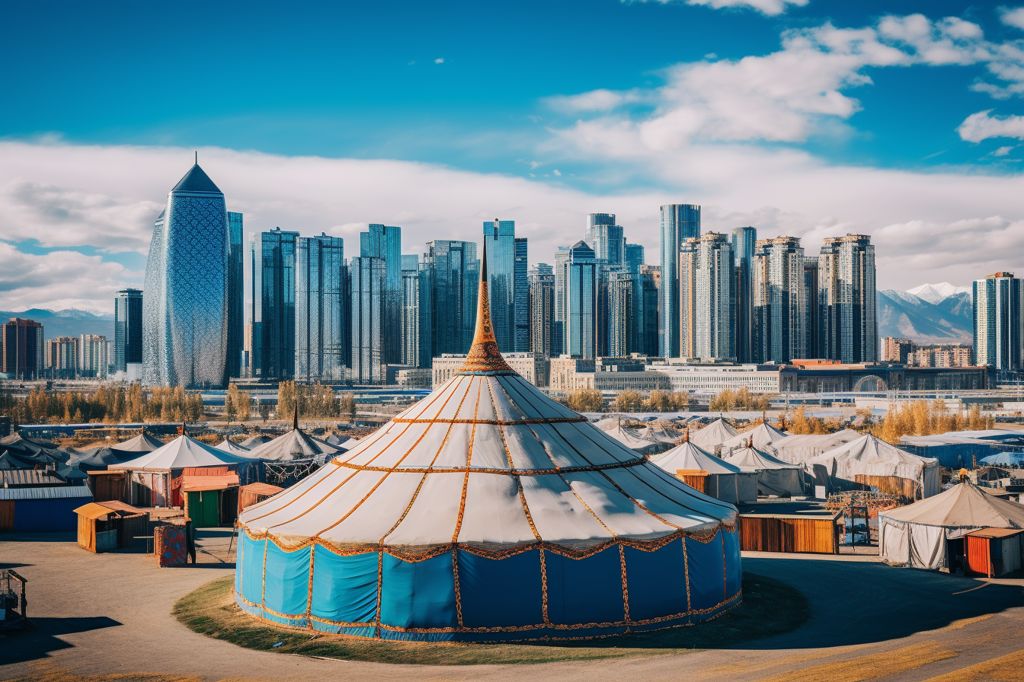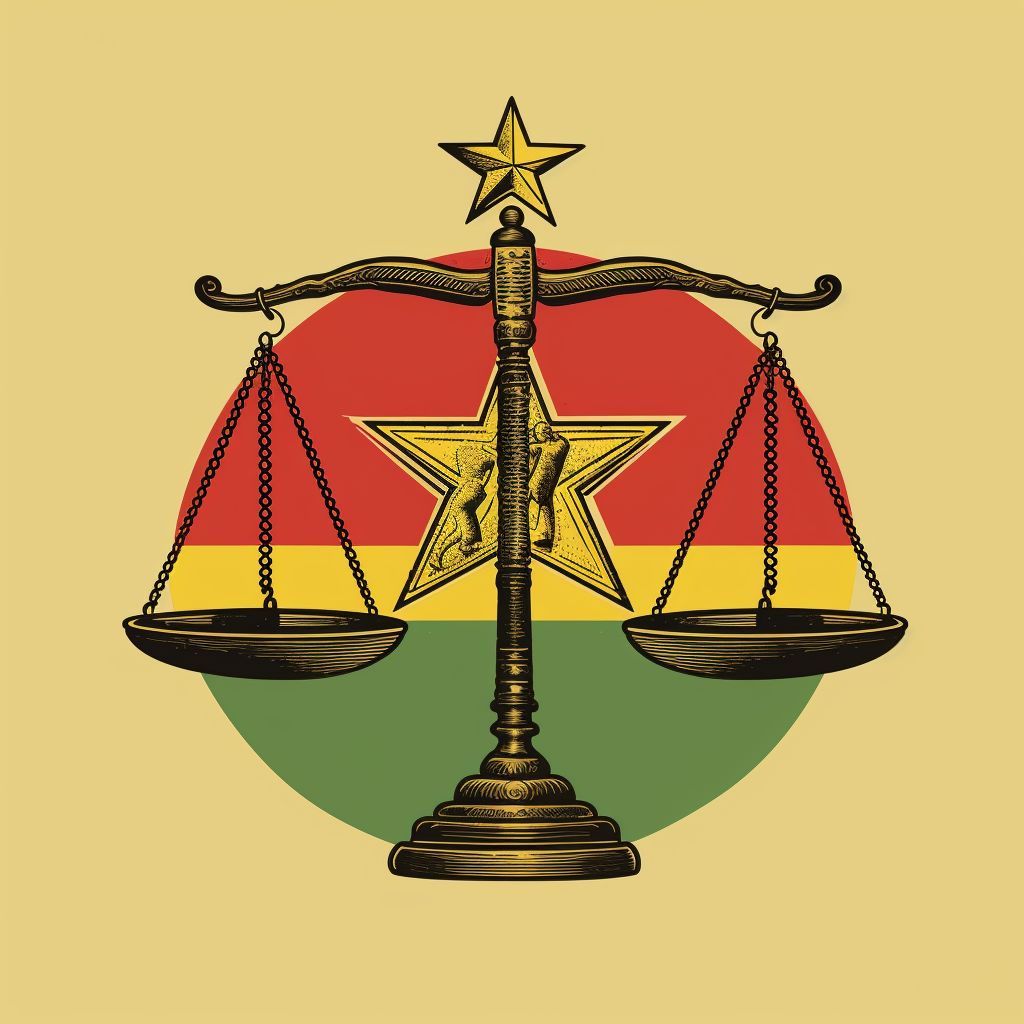Ulaanbaatar, Mongolia, is hosting a historic event as female foreign ministers from around the world gather to tackle pressing issues in international relations. This two-day conference, taking place from June 29 to 30, 2023, showcases Mongolia’s dedication to promoting cooperation and dialogue among global leaders while addressing global challenges.
Core Topics
The conference focuses on three primary topics: the role of women in promoting peace and security, climate change, and food security. The attendees will engage in discussions and seek potential solutions to these critical issues.
Attendees
Several female foreign ministers will participate in the conference, including Burkina Faso, Eswatini, France, Germany, Guinea-Bissau, Indonesia, Mozambique, Tanzania, and Liechtenstein. Austria will be represented by its Ambassador at Large on Gender Equality. The conference also welcomes international organizations such as the European Bank for Reconstruction and Development (EBRD), Green Climate Fund, and the International Trade Centre.
Distinguished Attendee
South Africa’s Minister of International Relations and Cooperation, Dr. Naledi Pandor, is one of the distinguished attendees. Dr. Pandor will participate in all panel discussions and moderate the Food and Security Panel. She will present her statement on the way forward, encouraging collaboration and innovation among the attending nations.
Networking and Collaboration
The Female Foreign Ministers Meeting serves as an excellent platform for networking and collaboration. During her visit to Mongolia, Dr. Pandor will hold bilateral meetings with some of her counterparts, strengthening diplomatic bonds and exploring potential areas of cooperation.
The Power of Collaboration
The Female Foreign Ministers Meeting brings together female leaders from different nations, highlighting the power of collaboration. The conference aims to foster the necessary dialogue to navigate the complexities of international relations.
Impact
The meeting will undoubtedly create a lasting impact, inspiring future generations of women in diplomacy and governance. The conference’s ambitious agenda is a reminder of the importance of addressing pressing global issues and the role women can play in shaping our world for the better.
The Location
Ulaanbaatar’s picturesque landscape, rich history, and vibrant culture serve as the perfect backdrop for this momentous event. The attendees will engage in discussions on peace, security, climate change, and food security, surrounded by a city embracing its nomadic roots and modern advancements.
A Beacon of Hope
The female foreign ministers will engage in conversations that could potentially reshape international relations and usher in a new era of diplomacy, defined by cooperation, sustainability, and inclusivity. The Female Foreign Ministers Meeting in Ulaanbaatar stands as a beacon of hope, demonstrating that unity and collaboration can pave the way to a brighter future for all.








